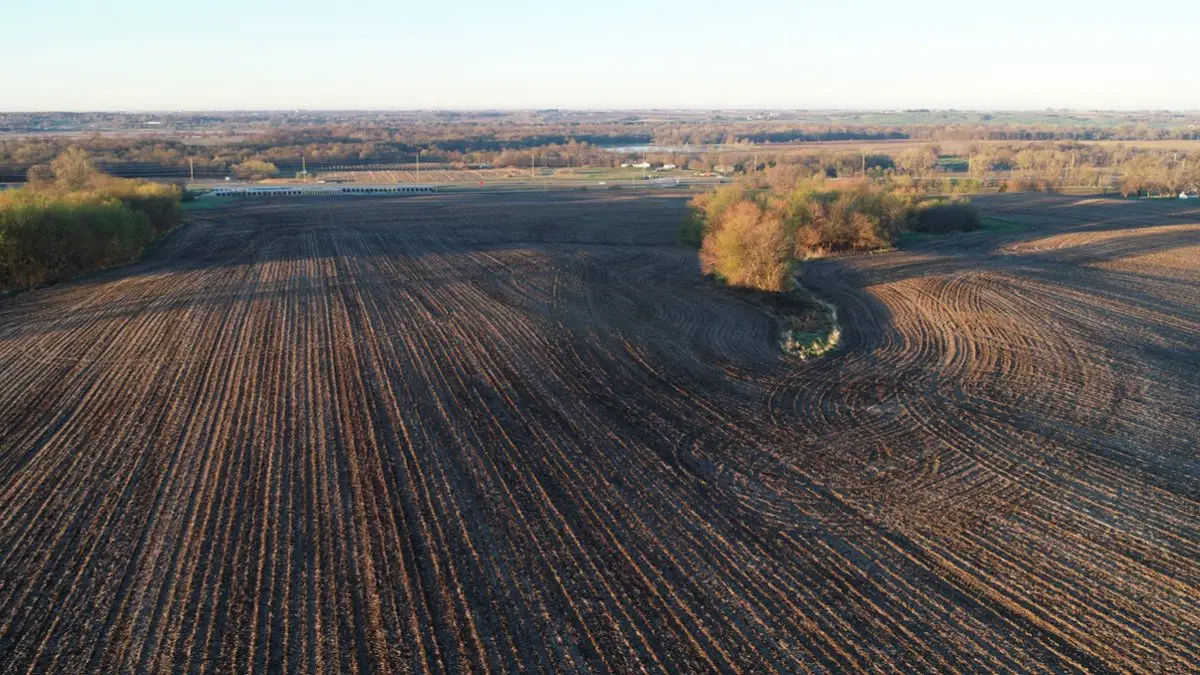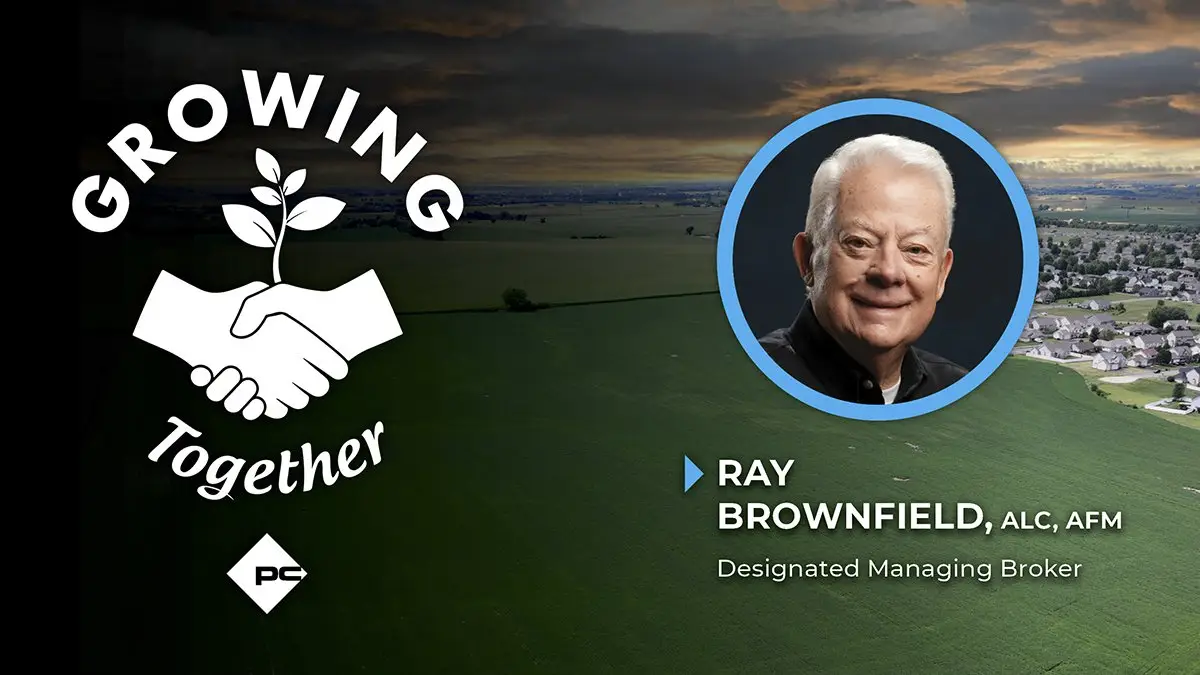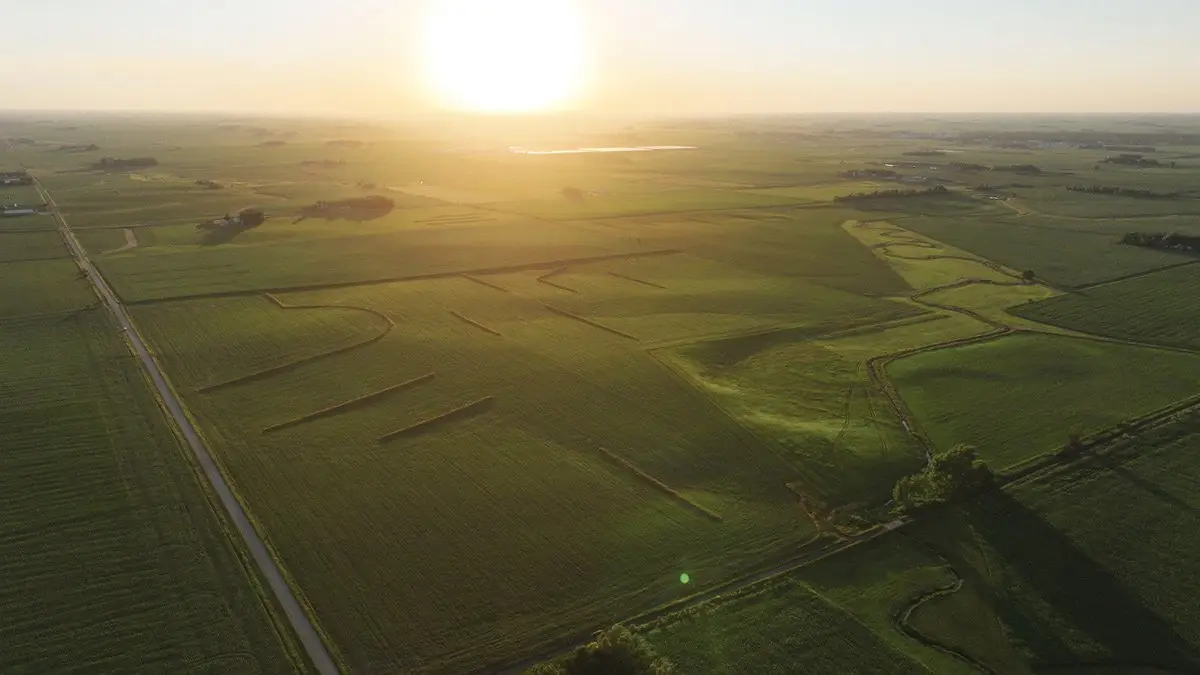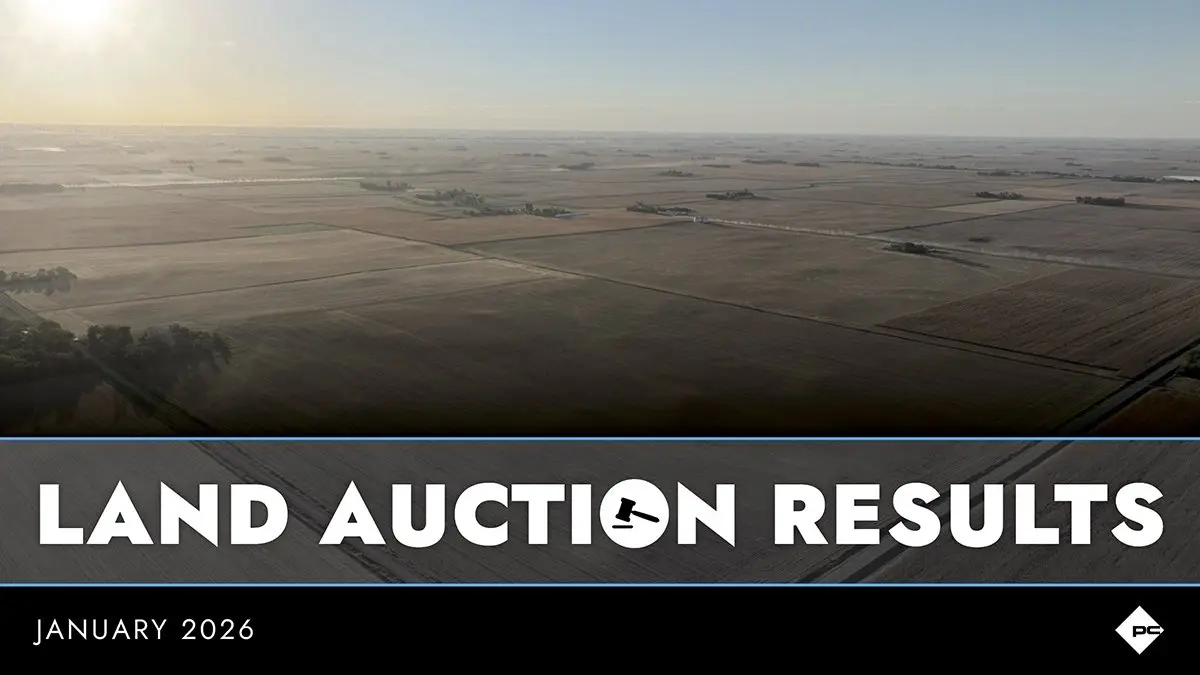When contemplating whether or not they are ready to sell a farm, one of the first questions a landowner will likely have is: “Should I list or auction my farm?” It’s a crucial decision that can significantly impact their financial future. As we close out 2024 and set our sights on 2025, understanding the pros and cons of each selling method is vital for making an informed choice. As a land professional that specializes in brokerage and auctions, I’m here to guide you through the options available, helping you determine the best path for your unique situation.
Understanding Your Options
When it comes to selling farmland, you generally have two primary options: list or auction. Within each of these sale types, there are multiple subsets. A listing can either be a traditional public listing or an off-market listing. The three most common auction types are live in-person, timed online, and sealed bid. Property types, location, length of ownership, sales timeline, and motivation to sell should all be factored in to making the decision of the proper sale method. Each approach serves a unique purpose and can appeal to different types of sellers and buyers.
Traditional Listing
Traditional listing is the most common way to sell land across the country. This method allows for negotiations between interested parties and a seller based on a listing price.
Pros:
• Market Exposure: A traditional listing allows for broader market exposure over a more extended period. This method increases the opportunity to attract 1031 exchange buyers, certain investors that prefer a diligence period, and buyers utilizing the Beginning Farmer or other loan programs that would require a financing contingency.
• Time Flexibility: Sellers can choose to accept offers over time, allowing for negotiation and potentially more advantageous terms or a better sales price.
• Control: You have more control over the terms of the sale and can take time to evaluate offers carefully.
Cons:
• Longer Sales Timeline: Depending on market conditions, traditional listings can take longer to yield results, leading to uncertainty. In today’s environment where the buyer pool is slightly smaller than previous years, the listing length has trended upwards.
• Market Fluctuations: Prices may fluctuate during the listing period, potentially leading to a lower final sale price if market conditions change.
Ideal Traditional Listing Properties: Farms sold in recent history. Recreational land. Properties with improvements or restrictions. Development land. Properties that cannot be easily divided.
Off-Market Listing
Off-market sales are another option worth considering. This method involves selling your property without publicly listing it.
Pros:
• Privacy: Off-market sales offer a level of confidentiality, which can be important for some sellers.
• Direct Transactions: You can negotiate directly with interested parties, potentially streamlining the sale process. You can also choose who you want to offer the property to.
• Leaseback Opportunities: Many sellers who choose the off-market listing method are looking to lease the property back from the buyer.
Cons:
• Limited Exposure: The main drawback is that your property may not reach its full market potential due to limited visibility.
• Lower Demand: Without public exposure, there may be fewer interested buyers, which could lead to a longer sales timeline or lower offers.
• Valuation Challenges: It can be harder to determine a fair market value without the competitive environment of a public sale.
Public Auctions (In-Person and Online)
Auctions are an increasingly popular way to sell land across the country, and especially favored for tillable land across the Midwest. The competitive bidding environment ensures that the true market value is discovered while giving all parties an equal opportunity to bid. At Peoples Company we utilize two main public auction types: Live in-person sales with online bidding available and timed online auctions. We’ve found that farmers and farmland investors are used to purchasing at auction and feel more comfortable attending an in-person sale. Properties that have multiple buyer types such as recreational, development, or improved land may benefit from a timed online sale.
Pros:
• Set Timeline & Terms: Auctions can facilitate a quicker sale, often resulting in a definitive sale within a set timeframe. Sellers have a clear timeline, which can be beneficial for planning future ventures. This is particularly advantageous for estate or trust sales where an executor or trustee can set the terms a clear timeline to closing.
• Competitive Bidding: The auction format encourages competitive bidding, which can drive up the final sale price, sometimes beyond what you might achieve through a traditional listing. This creates a true price discovery.
• Equitable Bidding: All potential buyers have the same, fair opportunity to bid under the same terms and conditions.
Cons:
• Control: Although the sellers can control the terms of the sale, the final sale price is not set until auction day , and you cannot control who the buyer will be.
• Downside Risk: Typically auctions yield the best result for properties that are ideally suited for this sale type. That said, there is a risk of the land selling below the expected range of value. It is crucial to work with a trusted Land Broker to determine a realistic value prior to the auction.
Ideal Live In-Person Auction Properties: High-quality farmland. Land with multiple interested parties. Estate sales. Trust sales.
Ideal Timed Online Auction Properties: Smaller tracts. Recreational land. Development land. Improved properties. Estate sales. Trust sales.
Sealed Bid Sales
Pros:
• Confidentiality: Sealed bids maintain privacy regarding the amount offered by each bidder, which can be appealing for some sellers and buyers alike.
• Timeline: Bidders are encouraged to submit their highest and best offers upfront on a set timeline, which can streamline the decision-making and process for sellers.
• Flexible Terms: The sealed bid process allows for suggested terms similar to a live auction, but prospective buyers can make offers with contingencies such as financing or extended closing dates, potentially allowing for a larger buyer pool.
Cons:
• Less Competitive Atmosphere: Without the public bidding aspect, you may not see the same level of competition driving prices up as with traditional auctions.
• Limited Interaction: Sellers have less opportunity for negotiation and may miss out on additional offers that could emerge in a more open bidding environment.
Ideal Sealed Bid Sale Properties: Niche properties. Improved properties. Large, contiguous tracts. Estate sales. Trust sales.
Key Considerations
Here are a few critical factors that land professionals consider when deciding whether to list or auction your farm:
• Market Conditions: Analyze current and projected market trends. A booming market might favor auctions, while a more stable market could lend itself well to traditional listings. With higher interest rates and lower commodity prices, we have seen some sellers who are less concerned about timeline choose traditional listings over auctions.
• Personal Circumstances: Your individual timeline, financial needs, and personal preferences will heavily influence your decision. If you need a quick sale, auctions may be the best route. If you can afford to wait for the right buyer, consider a traditional listing.
• Property Characteristics: The unique features of your farm can also impact your decision. High-demand properties may attract more interest through public auctions, while niche properties might benefit from the flexibility of a traditional listing or sealed-bid sale.
Conclusion
There is no standard operating procedure when deciding whether to list or auction your farm. It is a significant decision that requires careful consideration of your unique circumstances, market conditions, and property characteristics. At Peoples Company, we’re committed to helping you navigate this decision process utilizing our extensive resources and personal experience. Whether you opt for a traditional listing or an auction, our team is here to provide expert guidance tailored to your needs.
As you prepare for the future, take the time to weigh your options, consult with professionals, and choose the route that best aligns with your goals. If you have further questions about selling your farmland or would like to explore your options, don’t hesitate to reach out to our team at Peoples Company. We’re here to help you achieve the best possible outcome for you.







